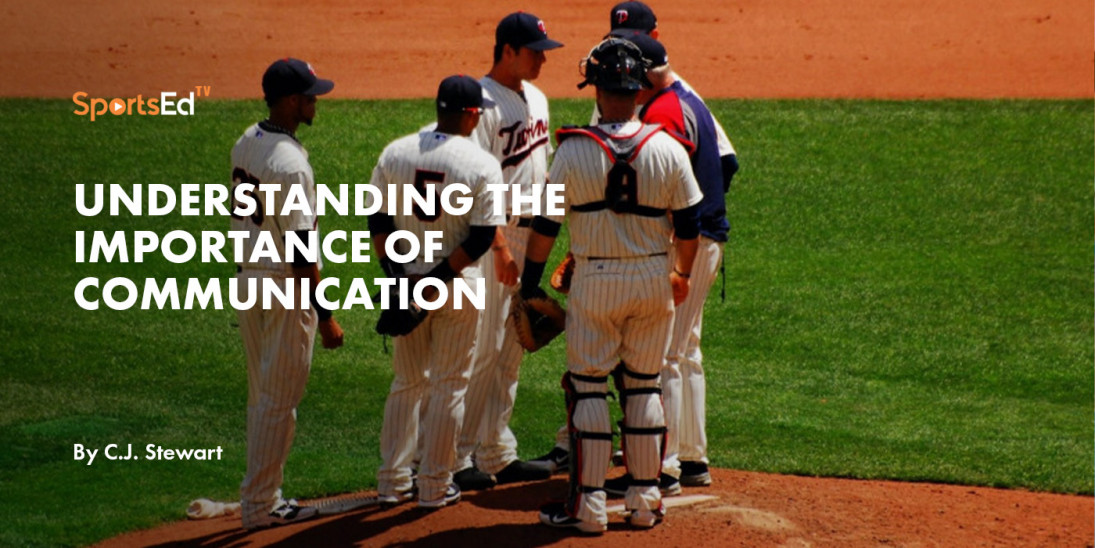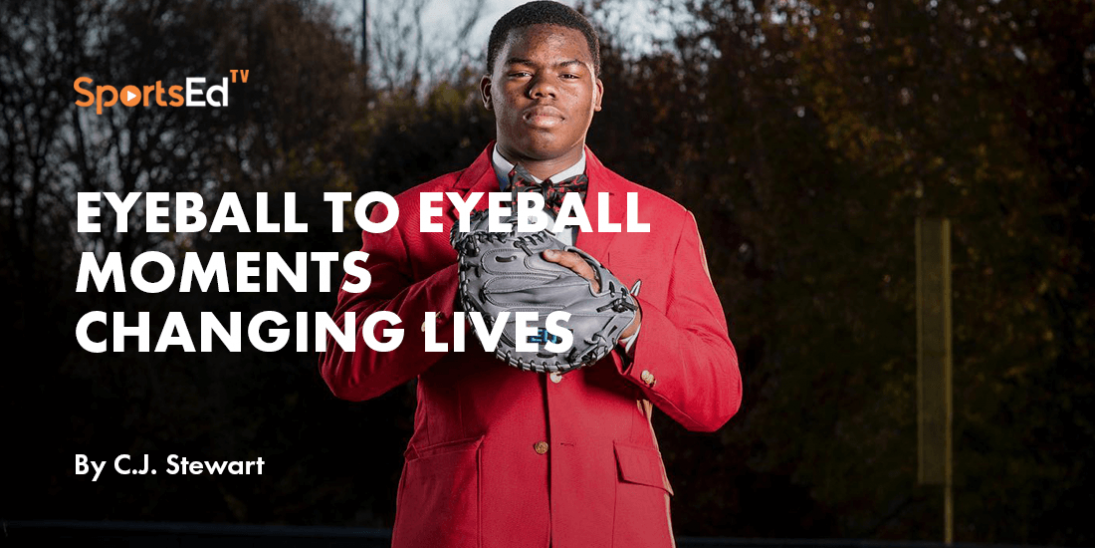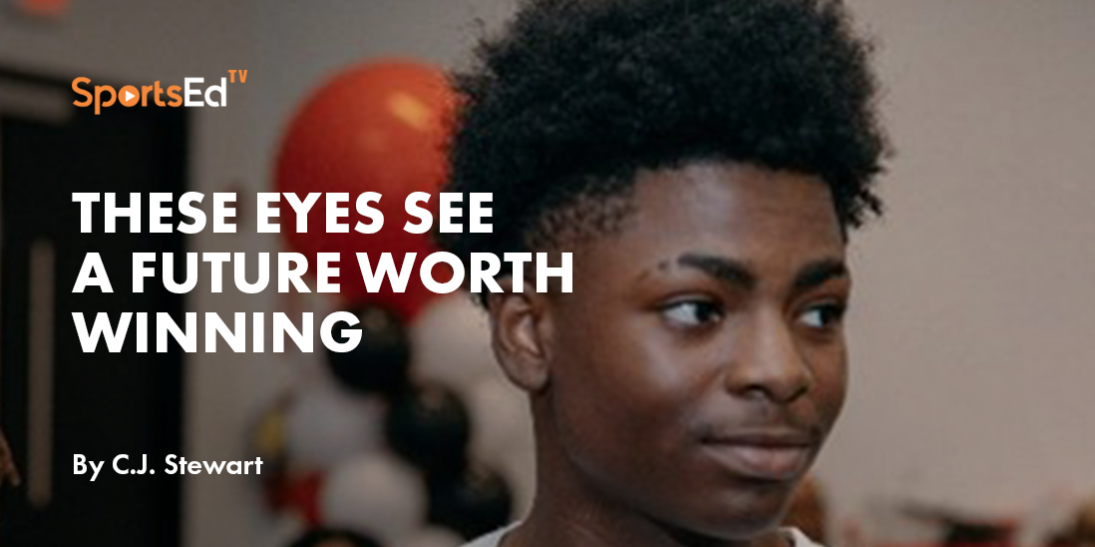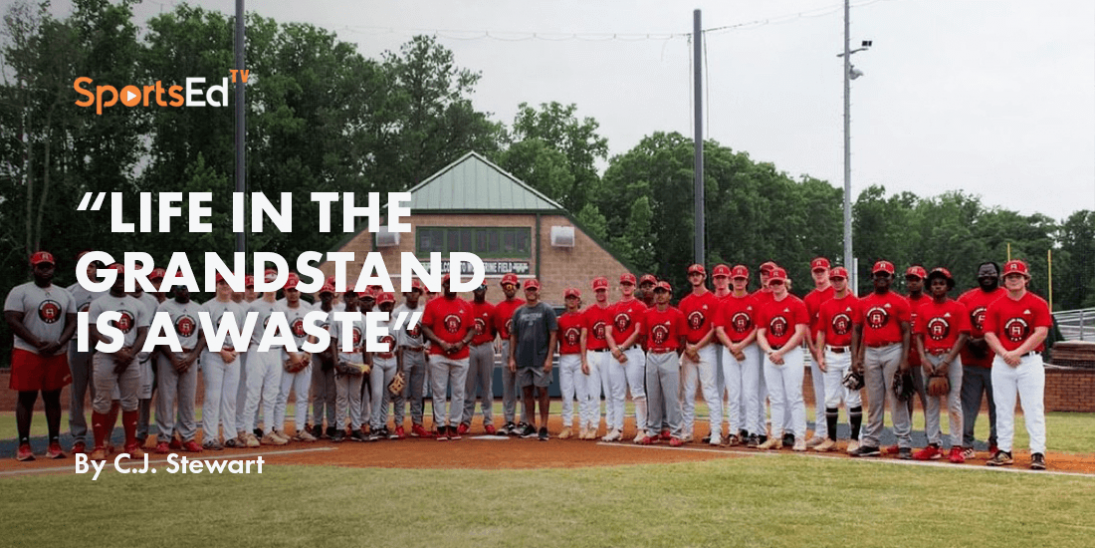Baseball, Mental Health
Welcome and thanks for visiting...

Understanding the Importance of Communication

I believe that for players to reach their full potential on the field, the communication must be good between them and their coaches. I’ve been coaching professionally for 20-plus years. For the first 10 years of my coaching career, I didn’t welcome consequential conversations with my players because of my ignorance about coaching, insecurity about my lack of knowledge of coaching, as well as my impatience with being challenged.
I’m a better coach today because players and parents have forced me to become a better version of myself. As the Chief Visionary Officer of L.E.A.D. Inc. (Launch, Expose, Advise, Direct), I recently asked our LEAD Ambassadors’ Head Coach Desmond Stegall and Jackson Norflis questions about the importance of coaches and players communicating with each other. Here’s what they had to say:

Coach Desmond Stegall
How do you feel about players asking you for playing time?
I don’t mind, but what troubles me is the timing. I believe there’s a time and place to ask about playing time. I have an open door policy and will discuss anything with my players. Please know when you come to me and I’ll have all my information in order—so you should, too. Be sure you’re ready for an honest conversation.
How do you feel about coaches guaranteeing playing time considering they have to evaluate the players and add each to the roster?
I don’t think coaches should because things always change. Granted some guys will have a longer leash than others, but if you make promises, it can cause a divide within your coaching staff, and more importantly, your team.
What’s the correct way to ask for playing time?
By asking for a good time to set up a meeting. Based on that answer, you can determine when to approach or call your coach.
What are the top three qualities a player needs to compete at the Division I level as a student-athlete (baseball) like you did?
Passion, dedication and grit
What’s your favorite hitting drill?
“Timing with a partner.”

LEAD Ambassador Jackson Norflis
How do you feel about players asking you for playing time?
If a player has shown his commitment through his performance on the field, I think it’s fine to ask for playing time. Even if the request gets rejected, it should drive them to push even more.
How do you feel about coaches guaranteeing playing time considering they have to evaluate the players and add each to the roster?
I feel like it’s a great promise as long as you keep your word. If a player has been working hard and earned more playing time, coaches should recognize this by giving them more playing time. If the coaches guarantee playing time, they should at least tell the player his “spot can still be taken” if the player stops working.
What’s the correct way to ask for playing time?
The correct way for a player to ask for playing time is performing on the field and standing out from the rest. It is very hard for a coach to ignore a player performing above expectations.
What are the top three qualities a player needs to compete at the Division I level as a student-athlete (baseball) like you did?
Patience, commitment and communication. Patience will enable the coach to understand if the player doesn’t quite get the drill and be able to repeatedly show the player without getting upset. Commitment will show the player the coach is just as in it as you are. This would give him the motivation to keep on working and performing. Finally, communication skills would help the player understand and apply drills that the coach taught.
What’s your favorite hitting drill?
My favorite hitting drill is the Wall Drill Mirror.
To help keep your skills sharp, we have introduced a new type of Skill Build our—Virtual Skill Build— where I can help you develop hitting skills anytime, anywhere using anything. Check it out.
Remember: Intelligence tops being smart.
For more information, visit www.diamonddirectors.com today. Also, check out our Digital Magazine.





